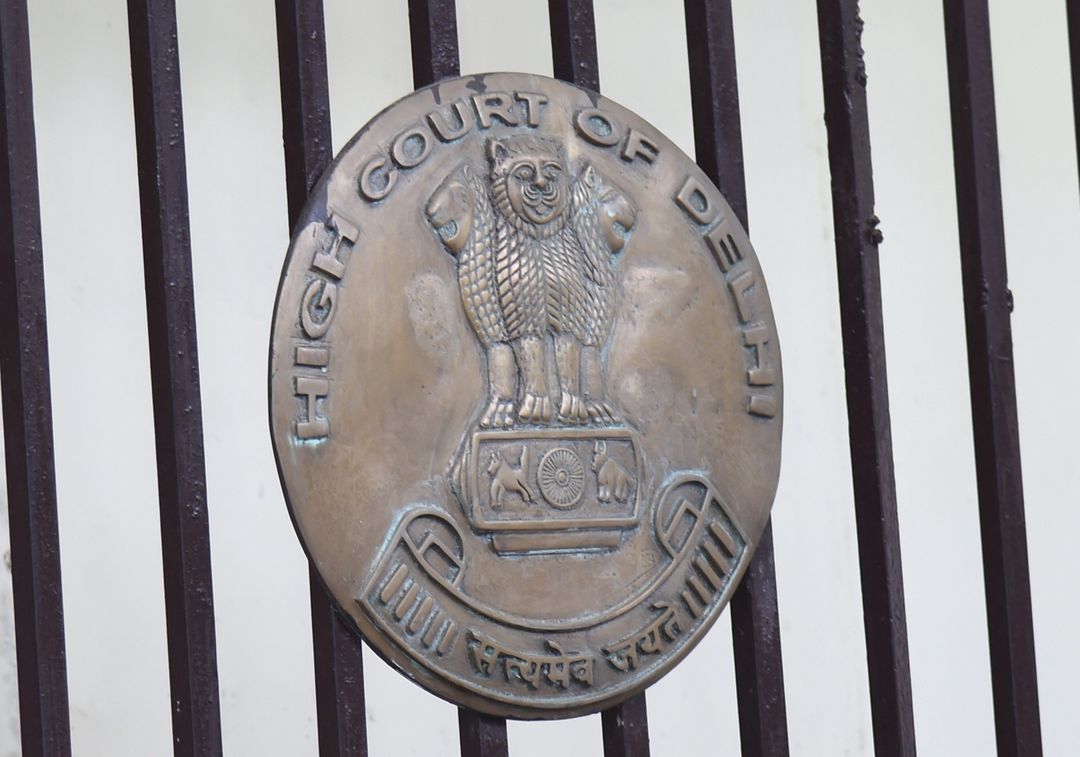
New Delhi, Feb 26 – The Delhi High Court has dismissed a man’s petition seeking an income tax investigation into the finances of his estranged wife’s family. The petitioner claimed that his in-laws had provided ₹2 crore in dowry and incurred extravagant wedding expenses.
A bench comprising Chief Justice D K Upadhyaya and Justice Tushar Rao Gedela, in its order dated February 19, ruled that the plea stemmed from a "matrimonial feud" and did not establish any violation of a fundamental or statutory right.
"The present petition is predicated upon a matrimonial feud between the petitioner and his wife. Additionally, the record reveals that the disputes are hotly contested and involve highly complex and disputed questions of facts which will not be within the purview of the Income Tax department to adjudicate," the court stated.
The petitioner had sought a directive for the Income Tax (IT) department to investigate alleged undisclosed cash transactions and scrutinize the financial records of his wife’s family over the past decade. He also urged legal action for possible perjury, tax evasion, or financial misconduct.
However, the court emphasized that the petitioner’s counsel failed to cite any provision under which the IT department was obligated to act upon such a complaint. "The complaint was not under a statutory scheme or a regulatory mechanism available under the Income Tax Act, 1961," the court noted, adding that the non-response of authorities did not violate any fundamental or statutory rights.
Labeling the plea as a "roving and fishing inquiry" intended to leverage legal proceedings for personal disputes, the bench rejected the petition, stating, "This is impermissible and cannot be countenanced."
The estranged couple married in 2022, but the relationship soon soured, leading to a police complaint against the husband. The petitioner had claimed that despite repeated follow-ups, the IT department had taken no action on his complaint regarding the alleged financial irregularities of his wife's family.
With this ruling, the court reaffirmed that matrimonial disputes should not be used as a pretext for seeking unwarranted tax investigations.
Last updated by a enewsx:
